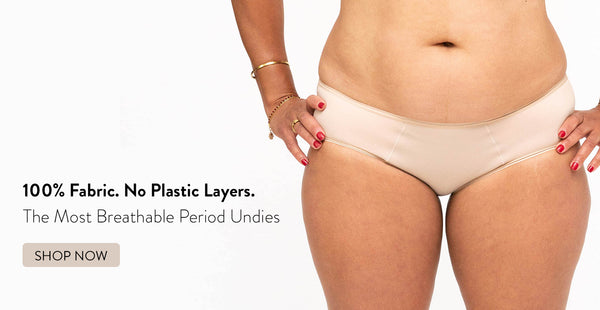MG Asks: Are You Peeing Too Much? Some Causes & Ways to Cope
Do you think you’re peeing too much? If you’re urinating more than usual, it’s not necessarily anything to worry about. It could be because you’ve upped your water intake recently, are pregnant, or have a urinary tract infection (UTI), which should clear up after a course of antibiotics.
But if the situation doesn’t improve and you’re peeing more than eight times a day (and maybe a couple of times in the night, too), it could be a symptom of something more serious and you should book an appointment with a healthcare professional ASAP.
In the meantime, here’s our guide to some of the most common explanations for frequent urination (and how to deal):
Diabetes
With type 1 or type 2, if your blood sugar isn’t well-controlled, your body will try to rid itself of sugar by making you pee.
Interstitial cystitis
If you also have pain in the bladder area or urinary tract (similar to a UTI, but lasting several weeks), this could be why. The cause isn’t fully understood, but it seems to be related to inflammation of the bladder lining.
Fibroids
These non-cancerous growths not only cause bowel issues, pain during sex, and heaver periods. They can also put pressure on the bladder, creating an urgent need to go.
Low estrogen
When this hormone drops, it dries out the bladder, making it dry and irritated, which makes you feel like you need to pee more than usual. It’s typical of menopause but in younger women it can be triggered by excessive exercise, an eating disorder, or a pituitary gland problem.
Hyperthyroidism
If you have an overactive thyroid, your bladder might be sped up, too. You may also have lighter periods, anxiety, a racing heart and trouble sleeping.
Medication
Some medications encourage you to pee more often, including diuretics for high blood pressure and lithium.
Overactive bladder syndrome
Sometimes, the nerves in your bladder simply send the “pee” signal to your brain too often, for no apparent reason.
How are bladder problems diagnosed?
Not by frantically Googling, it turns out. A doctor will take a full history and might send your urine off for a lab analysis. You could also be referred for a pelvic ultrasound or a cystoscopy, which allows a peek inside the bladder, to get a fuller picture of what’s going on.
What can I do about it?
It sounds obvious, but regulate your water intake. Don’t drink significantly more than eight 8oz glasses a day, but don’t restrict your fluid intake, either. You’ll risk irritating your bladder, which will make symptoms worse. You might want to taper off before you go to bed, though, to reduce the chances of a night-time bathroom visit.
If you smoke, stop. It can exacerbate symptoms—plus your heart and lungs will thank you later.
Cruel but true: many of life’s best comfort foods (and drinks) can irritate the bladder, so are best avoided, including chocolate, alcohol, spicy dishes, and anything that includes caffeine or tomatoes.
Bladder training might be helpful. This involves gradually increasing the amount of time you wait between feeling the urge and using the toilet, so the nerves in your bladder become less sensitive. Don’t just launch into it on your own, though—ask your doctor if it’s appropriate.
Studies have shown that acupuncture, cognitive therapy, and guided meditation are helpful for some people. It might be easier said than done, but anything you can do to reduce stress is a good idea.
Are there any medical treatments available?
Yes. If frequent urination is caused by medication or a long-term condition, a change in treatment protocol will likely bring it under control. If it’s related to fibroids or other growths, then hormonal medication, laser treatment, or minor surgery should sort them out.
If self-help options don’t work and there’s no underlying cause, your doctor might prescribe medication to reduce involuntary muscle contractions, relax the bladder muscle, and allow for longer between bathroom visits. Botox, nerve stimulation treatments, and surgery might also be an option—but typically as a last resort.
Whatever the reason, if you’re constantly cancelling plans because you need to stay close to a toilet, don’t delay: the sooner you get checked out, the sooner you can find a treatment approach that’s right for you. Your symptoms might only be improved rather than cured but chances are, with the right help, you can spend a lot more time enjoying yourself and a lot less time in the bathroom.

